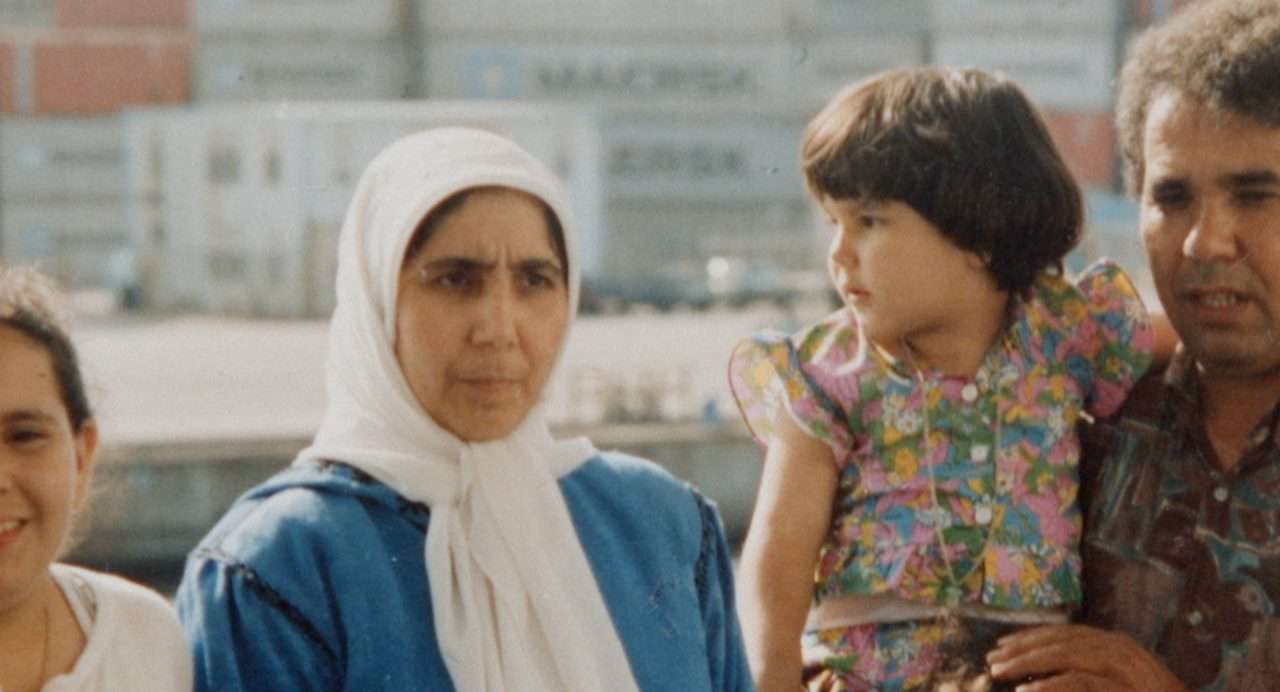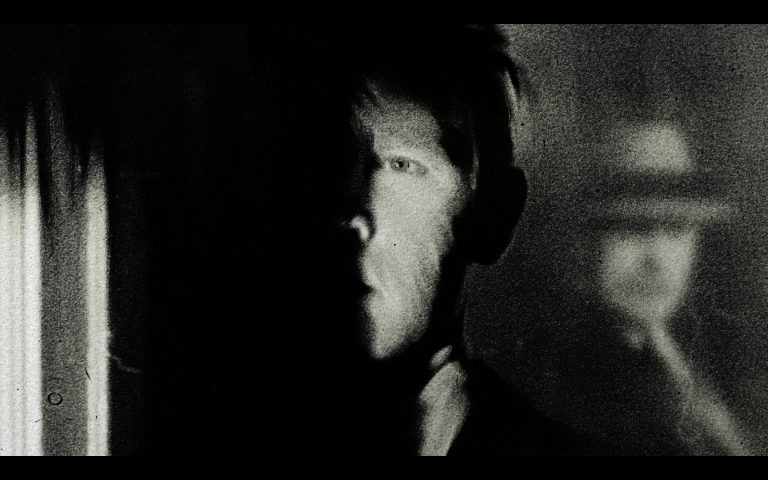The mother-daughter relationship has always served as fodder for some of the most brutally honest cinema over decades. The seemingly inherent friction, deepening tussle on various levels, swiveling from affection to resentment, and everything in between streak through Samira El Mouzghibati’s bracing documentary, “Les Miennes/ (Y)Our Mother.”
The central relationship between Samira’s mother, Yuma, and her daughters is speckled with rough, uncomfortable silences, a whole lot of mutual chafing that has mostly drowned out the scope for tenderness to bloom among them. Generational differences cast their chasm so wide, and Yuma’s hardline, religiously driven perceptions of gendered behavior and women’s roles so forbidding her daughter’s quest for freedom, deferred as it is, incurs growing emotional distance which keeps tearing them apart until there’s little or no meeting ground.
Samira is the youngest child. She discusses how she was raised by her elder sister who got married off early, much against her desire. The camera never feels intrusive as it trickles into conversations among the sisters or between her mother and her. There’s an empathy in the gaze, even in the admissions of the gulf that has developed between the mother and her daughters. Samira’s sisters confess to a sense of sadness over never having gotten the opportunity to build a truly loving family life. They talk of family as being a lifeboat but ultimately concede it doesn’t hold much space in their lives. Belonging must be unconditional, which hasn’t been the case with them as they grapple with their mother’s rigid expectations.
Yuma is firm, severe, and unrelenting in her position on women’s propriety. If she had her way, she would ban mixed beaches. She is almost unbendingly opposed to women claiming ownership of their lives. The harshness of her imposing expectations and the disappointment in them, which she never fails to underline, even mystifies her husband. It isn’t that Samira’s father is spectacularly lenient either. It is he who pushes the daughters towards marriage. The film highlights a mirroring between the mother and her eldest daughter, Fatiha, regarding marriage. Neither of them wished for it but didn’t spell out their resistance, which seemed to have licensed the fathers to determine their fates as per their own will. Yuma settled into her marriage, whereas Fatiha couldn’t, struggling with it for years until she finally gave up.

She mourns her daughters, who are displaying all the worst and aberrant behavior that she can possibly imagine. She is convinced they are all straying from what she holds to be the correct, prescriptive, and only way of leading a dignified Muslim life. They are all breaking the rules. It causes her mortification, apprehension, and constant anxiety. She takes to her praying with even greater ferocity, almost as if to singularly haul on herself the cumulative burden of their supposed sins.
How does she perceive and weigh the implications of her proscriptive approach? How can she find the rifts it is generating agreeable just for the sake of upholding the theological codes seemingly embedded deep within her? Are those dearer to her than her daughters? Samira’s sisters acknowledge and reiterate that their mother never really understood them. Whether she even tried is also a question that props up. Naturally, she doesn’t take kindly to the divorce of her daughter, despite the latter’s assertion of her deep unhappiness in her marriage over many years. The daughter may have tried to communicate her agony with Yuma.
The latter is so subsumed in her beliefs she cannot even think of breaching them in order to reassure her daughter and be a source of support. For her, a woman alone is like a house without a door. That anyone could barge in terrorizes her. In a key scene towards the end of the film, when Samira confronts her mother about why she never seems to be on her daughters’ side, Yuma cedes responsibility for providing constructive suggestions, even as she categorically maintains the only conceivable way through a patchy marriage is dialogue and not a decisive breakage.
That’s her sole note of advice. If her daughter cannot accept it, there’s nothing else she can expect from her mother by way of emotional support. Estrangement and a woman wrestling back her life from a wretched marriage that would have defined her had she not made the plunge – these decisions rankle the mother on such a fundamental level, colliding with her belief systems, that she refuses to consider it. When “Les Miennes” wades into Yuma’s own past, aches, and regrets, the film gets a much-needed re-centering, which elevates it into a work that is able to reach across time, generations and a cyclicality within those while alluding to vital progressive ruptures.




![Cheche Lavi [Looking for Life] [2019] Review: Weathering The Storm](https://79468c92.delivery.rocketcdn.me/wp-content/uploads/2019/06/Cheche-lavi-Film-e1560096868815-768x290.jpg)
![The Forgotten Battle [2021] Review: A Triumphant War film That Never Loses Steam](https://79468c92.delivery.rocketcdn.me/wp-content/uploads/2021/10/The-Forgotten-Battle-2-768x405.jpg)
![I’m Your Man [2021] Review – Therapeutic robot-romance wisely investigates modern relationships](https://79468c92.delivery.rocketcdn.me/wp-content/uploads/2021/09/Im-Your-Man-Movie-Review-768x512.jpg)

![House By The Lake [2017] : A Lovecraftian Take On Broken Relationships](https://79468c92.delivery.rocketcdn.me/wp-content/uploads/2017/12/Fish-Man-and-Amiah-Walking-Into-Water-5-768x432.jpg)